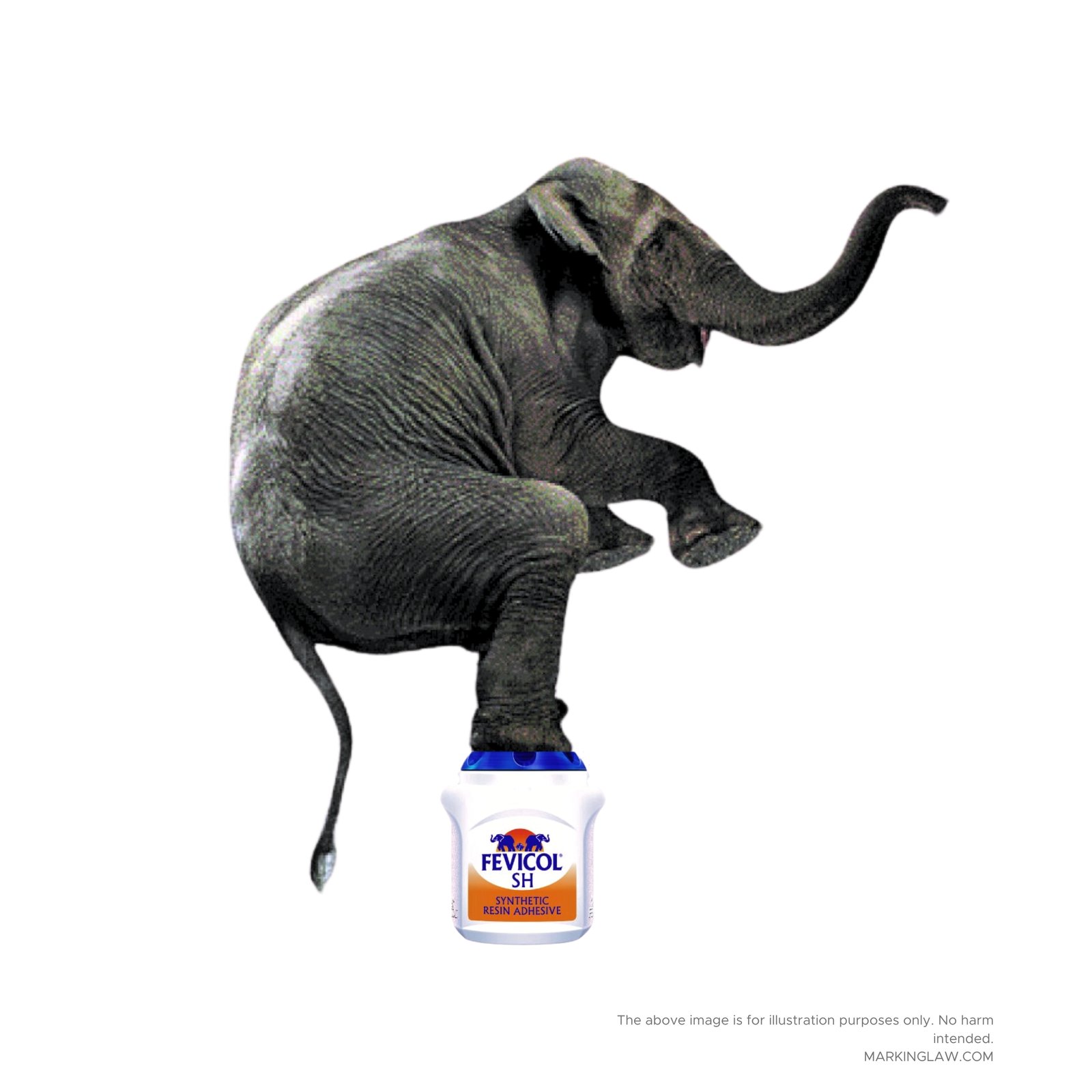Protecting your brand’s identity, especially its trademark, is important. Trademark laws make sure your products stand out and prevent others from copying them. A recent legal case between Pidilite Industries (makers of Fevicol) and Premier Stationery Industries shows why this is essential. The Bombay High Court fined Premier Rs 50 lakh for copying Fevicol’s design. This shows the serious consequences of violating trademark laws.
What Happens When You Ignore Court Orders
Premier Stationery’s issues started in 2017 when the court ordered them to stop producing products that looked too much like Fevicol, Pidilite’s popular adhesive brand. But Premier did not listen and continued selling glue bottles and guns that looked just like Fevicol. Pidilite approached the court again, and Premier ended up with a Rs 50 lakh fine.
This shows how ignoring court orders, especially in trademark cases, can cost you a lot of money and hurt your reputation. Court orders aren’t suggestions. They are legally binding and must be followed, or businesses will face legal repercussions.
Why Trademarks Are Important
A trademark is not just a logo or product name. It’s the identity of your brand and the promise you make to your customers. For companies like Pidilite, trademarks protect their position in the market and make sure customers can easily recognize and trust their products. A strong trademark helps a business stand out from the competition.
In the case of Fevicol, the trademark doesn’t just protect the glue bottle design. It protects the trust that consumers have built in the product over the years. When a competitor copies that design, it can confuse customers, weaken the brand, and hurt its value. Trademark infringement isn’t just about losing sales; it’s about losing customer loyalty and trust.
The Risk of Copying Big Brands
Premier Stationery tried to argue that the company’s management had changed since the 2017 court order, so they didn’t know about it. But, the court found that the new owners were related to the previous ones and knew what was going on. The court decided Premier knowingly broke the law.
Copying an established brand like Fevicol might seem like an easy way to make money, but it’s risky. Instead of building their brand, Premier chose to imitate an established one, leading to financial and legal consequences.
How Courts Protect Trademarks
Trademark laws help keep the market fair by stopping businesses from taking advantage of other companies’ hard work and reputation. The Bombay High Court’s decision to fine Premier Rs 50 lakh shows that the court takes trademark violations seriously.
Justice Riyaz Chagla pointed out that Premier didn’t even apologize, which helped justify the heavy fine. This shows that courts not only look at the act of violation itself but also at how businesses respond to legal proceedings. Ignoring the law or acting like it doesn’t matter can lead to even bigger penalties.
Lessons for Businesses: Why Compliance Matters
This case teaches an important lesson, especially for smaller businesses. Following the law and respecting trademarks are essential for long-term success. Copying someone else’s brand might seem like a quick fix, but it can backfire in the form of fines and a damaged reputation.
Trademark infringement cases can lead to fines, legal fees, and loss of reputation. Beyond the monetary penalties, companies found guilty of violating intellectual property laws face damage to their credibility, making it harder to establish trust with customers or partners in the future.
Why Ethical Business Practices Are Key
Ultimately, this case reflects the need for ethical business practices. Building a successful business requires more than just mimicking competitors. It requires innovation, respect for the rules, and a commitment to developing a brand that customers can trust. The temptation to imitate successful brands may be strong, but the risks far outweigh the benefits.
Instead of infringing on another company’s trademark, businesses should focus on creating their own unique identity. This not only avoids legal trouble but also sets the foundation for long-term success.
Protecting Intellectual Property is a Non-Negotiable
The Pidilite vs. Premier case is a clear reminder of the importance of protecting intellectual property. Companies that respect trademarks and play by the rules will have a better chance at long-term growth, while those that choose to ignore legal boundaries will inevitably face the consequences.
If you need help protecting your brand or have questions about trademark registration, book a consultation with us today and safeguard your business from potential risks.
Source:
LiveLaw: Bombay High Court Imposes Rs 50 Lakh Costs on Company for Breaching Injunction Orders Using Fevicol Trademark

Leave a Reply